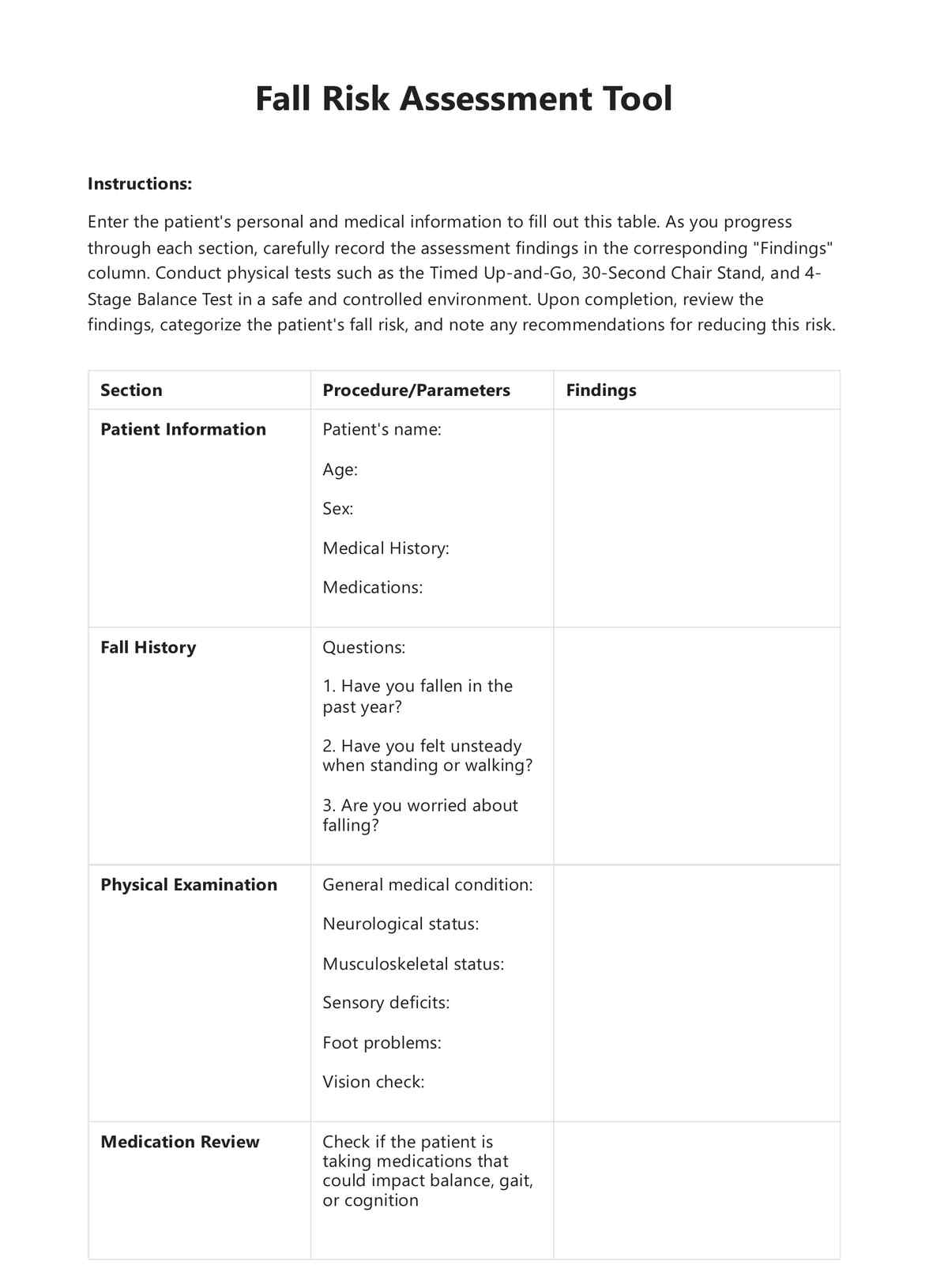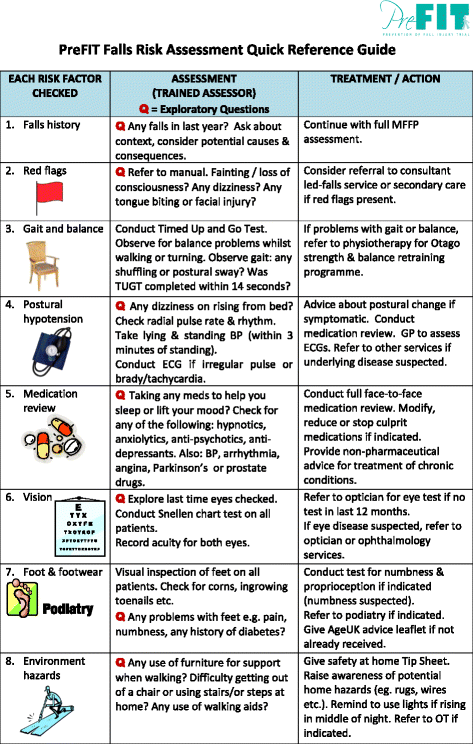See This Report about Dementia Fall Risk
See This Report about Dementia Fall Risk
Blog Article
Dementia Fall Risk Can Be Fun For Anyone
Table of ContentsThe 5-Second Trick For Dementia Fall RiskThe Dementia Fall Risk IdeasRumored Buzz on Dementia Fall RiskDementia Fall Risk for DummiesThe Greatest Guide To Dementia Fall Risk
You may be nervous due to the fact that you've had an autumn before or due to the fact that you have actually discovered you're beginning to really feel unstable on your feet. You might have discovered adjustments to your health, or just feel like you're decreasing a little. Whatever the reason, it isn't unusual to become cautious and lose confidence, and this can stop you doing the important things you made use of to do and make you really feel extra separated.If you've had a loss or you have actually begun to really feel unstable, inform your physician even if you feel fine otherwise. Your physician can check your equilibrium and the method you walk to see if improvements can be made. They may have the ability to refer you for a drops risk evaluation or to the falls prevention solution.
This details can be acquired with meetings with the individual, their caretakers, and an evaluation of their clinical records. Begin by asking the individual about their history of drops, including the frequency and scenarios of any current falls. Dementia Fall Risk. Ask about any wheelchair problems they might experience, such as unstable or difficulty walking
Conduct an extensive testimonial of the person's medicines, paying certain focus to those known to raise the danger of drops, such as sedatives or medicines that reduced high blood pressure. Determine if they are taking multiple medications or if there have been recent adjustments in their medication program. Review the person's home environment for possible hazards that can enhance the risk of falls, such as poor lighting, loose carpets, or absence of grab bars in the restroom.
The Best Strategy To Use For Dementia Fall Risk
Guide the individual via the autumn risk assessment type, describing each question and videotaping their responses accurately. Compute the overall risk rating based on the responses supplied in the analysis form.
Frequently check the individual's development and reassess their threat of falls as required. Give recurring education and learning and support to promote security and decrease the threat of falls in their day-to-day living activities.
Many research studies have shown that physical treatment can help to reduce the threat click this site of dropping in grownups ages 65 and older. In a new study (that checked out drops threat in women ages 80 and older), researchers computed the financial influence of selecting physical therapy to avoid drops, and they found that doing so conserves $2,144, consisting of all the concealed expenses of your time, discomfort, missed out on life events, and the bucks spent for services.
Dementia Fall Risk - Questions
Inspecting your heart rate and high blood pressure dimensions at rest and while you transform positions (from sitting or lying to standing). A basic test of your thinking (cognitive) abilities. Examining your equilibrium, toughness, and strolling capacity. A straightforward vision test. Assessing your feet and shoes. A home security assessment. Based upon the evaluation results, your physiotherapist will create a plan that is tailored to your particular demands.
Older adults who have trouble strolling and chatting at the exact same time are at a greater risk of falling. Dementia Fall Risk. To assist enhance your safety and security during daily activities, your physiotherapist may design a training program that will certainly challenge you to keep standing and walking while you do an additional task. Instances consist of walking or standing while counting backwards, having a conversation, or lugging a bag of groceries
Establish goals for enhancing their physical task. Exercise more to enhance their strength and balance. These programs commonly are led by volunteer trainers.
Dementia Fall Risk - The Facts

Measles, or rubeola, is a very infectious, acute viral infectious disease brought on by the measles infection. Some people think about measles as simply a breakout and fever that clears in a few days; nonetheless, measles can cause major wellness complications, especially in kids more youthful than 5-years-old. The very best security against measles is the measles, mumps, and rubella (MMR) injection.
Autumns are an usual cause of injury among older adults.
The Facts About Dementia Fall Risk Revealed

She Get the facts has a medical background of seizure disorder and hypertension. She is getting an IV infusion and taking Gabapentin and Lasix. She has no background of falls, her gait is constant, and she invalidates with no concerns. The previous nurse states that she asks for support to the shower room when she needs to go.
Examples of common loss interventions/measures include: Making certain an individual's necessary things are within reach. Placing the person's bed rails up with the alarm system on. Helping an individual while they're rising from bed. Past comprehending exactly how to make use of the Johns Hopkins Autumn Danger Evaluation Tool, it is necessary that centers include its use right into an extra thorough fall prevention plan.
Report this page